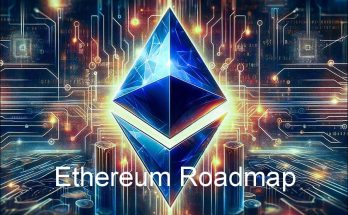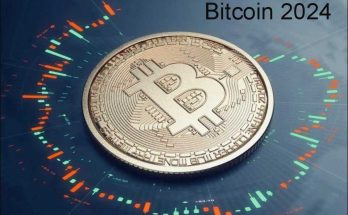New messaging feature added in Ethereum’s Etherscan. The Blockscan Chat service enables users to message each other via their Ethereum wallet addresses. The team behind the popular blockchain explorer and analytics platform Etherscan has launched an Ethereum-based wallet-to-wallet instant messaging service dubbed “Blockscan Chat.”
Blockscan is currently in beta testing mode, and it currently enables users to engage in an instant wallet-to-wallet chat, access chats from multiple devices, block spammy or unwanted addresses and get notified on the block explorer a message has been received.
Instant Messaging with Blockscan Chat
In a bid to expand the use cases for decentralized tech beyond the usual suspects, Blockscan, the team that created the Etherscan blockchain explorer, has released Blockscan Chat in beta.
According to the site’s homepage, “Blockscan Chat is a messaging platform for users to simply and instantly message each other, wallet-to-wallet.” To use it, you must connect to an Ethereum wallet such as MetaMask. Message recipients with an Ethereum address will get a notification via block explorer (though the message won’t be public on a block explorer).
Some people are already referring to the tool informally as “Ethereum Instant Messenger”—a kind of throwback to AOL Instant Messenger.
While the new feature is a great way to talk to other anons — say to negotiate an anonymous purchase — it might come in particularly handy for dealing with whitehat hackers, who have often left messages embedded in Ethereum transactions to communicate with individuals exploited crypto platforms.
Last week’s Multichain hack, which saw a supposed whitehat hacker return 322 Ether (but keep a hefty finder’s fee) and the $610 million PolyNetwork from last year, involved anon discussion via Ethereum transactions as part of negotiations between the culprit and victims.
Etherescan subtly unveiled the new feature via a Jan. 26 tweet that read “wonder what this is for…?” with a screenshot depicting messenger notifications on the platform. Apart from pleading with hackers to return funds for a bounty, such as the service could be helpful in the NFT market.
Twitter user “bdmartino” argued that the feature could be utilized to negotiate NFTs purchases between buyers and sellers, adding that if a decentralized exchange conducted the transaction, both parties could reduce the fees associated with NFT platforms such as OpenSea.
The terms of service, which may sound familiar to those who have dealt with centralized messaging and media platforms, state that this could all go away: “In the event of any Force Majeure Event, breach of these Terms, or any other event that would make provision of the Services commercially unreasonable for Company, we may, at our sole discretion and without liability to you, with or without prior notice, suspend your access to all or a portion of our Services.”
That said, Blockscan has a very good track record in making tools that anyone can use. And excited Ethereum users are already talking about potential use cases. For instance, wallet-to-wallet messaging could undercut NFT marketplaces by allowing bidders to directly message asset owners.
Regarding user privacy and data storage, Blockscan notes that its information is stored via “global hosting providers” with servers across multiple regions, with inactive data deleted after 24 months.
It also states that the information will not be traded to third parties but will be disclosed or transferred to partnered parties such as data warehouses, IT service providers, and data analytics agencies.
According to its terms of service, any user who violates its acceptable use policies, such as providing false, inaccurate, or misleading information, may be barred from a portion of or all of Blockscan and Etherscan’s related services.
Visits: 274




